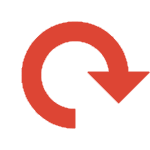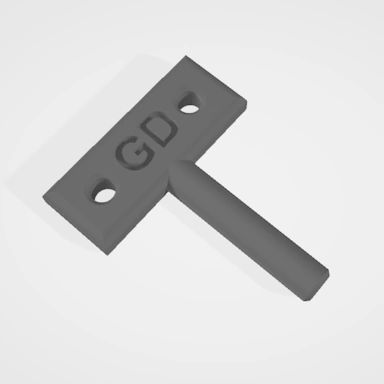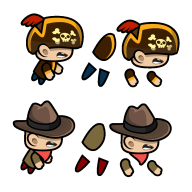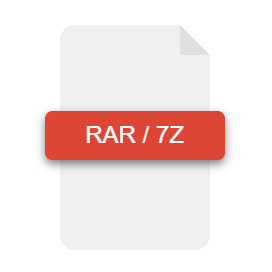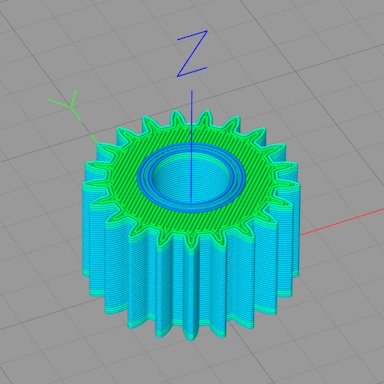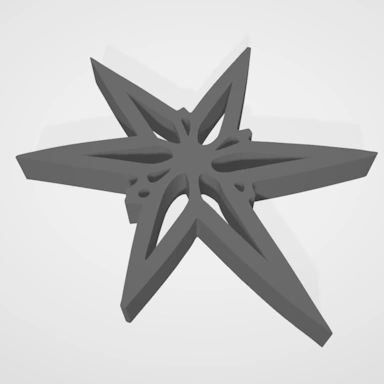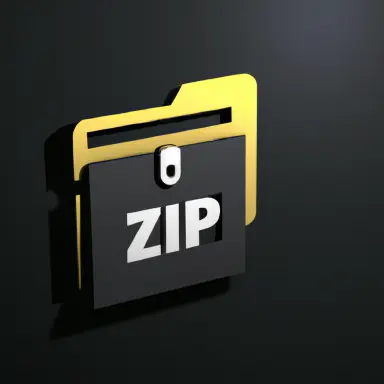Free Online JPEG to PLY Converter
With our JPEG to PLY converter, you can effortlessly convert your JPEG image file into a 3D heightmap model, which can then be loaded into your favorite 3D editing software. Our image to PLY tool can batch convert up to 100 JPEG files at one time and quickly turn them into 3D models.
Or drag and drop your files here to upload.
A maximum of 100 files can be uploaded at once.
Our JPEG to PLY image conversion tool comes with a set of options allowing you to fine-tune the details of how the 3D model is generated. Once you have selected a file, you will see a button, which you can click to reveal adjustable properties such as whether the tool should use a Heightmap or Extrude algorithm to create the 3D model. There are also properties to control the size and detail of the model.



